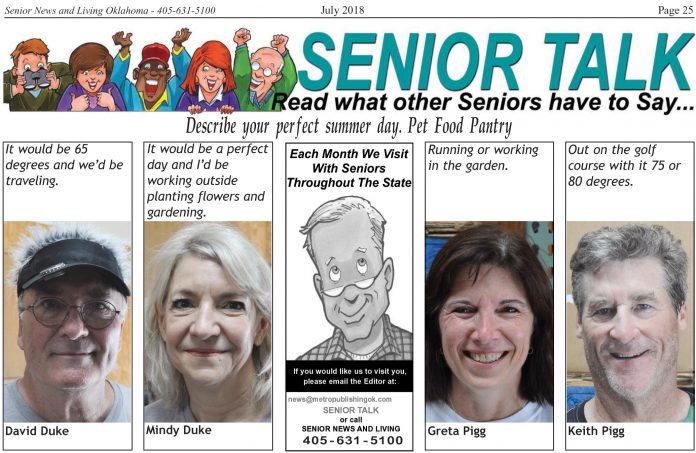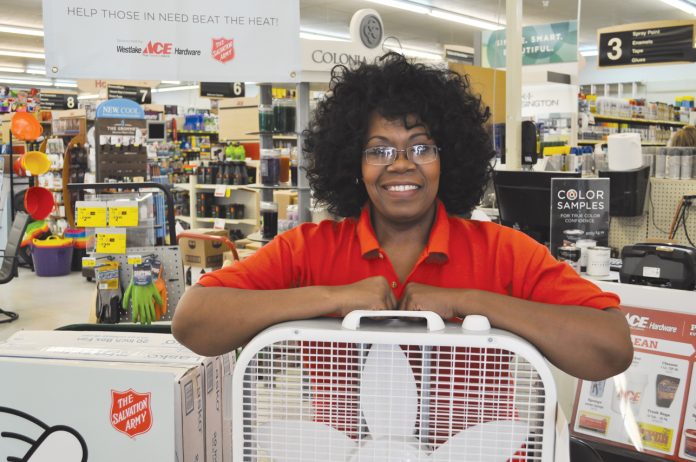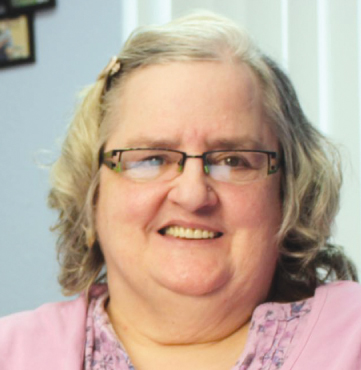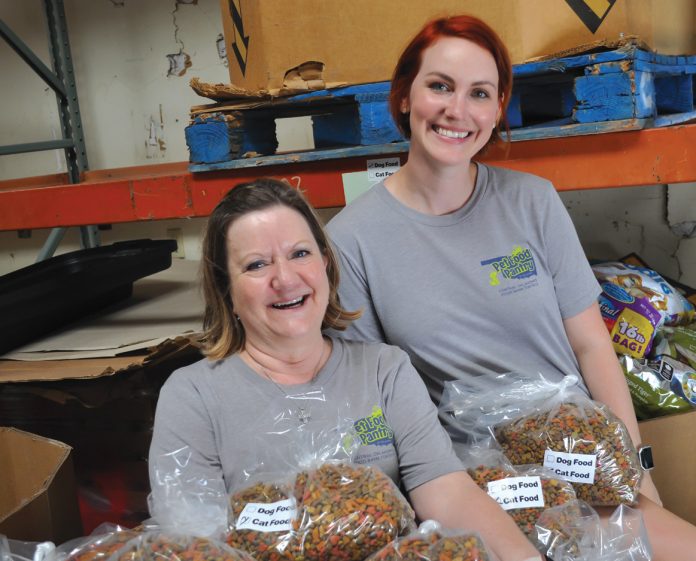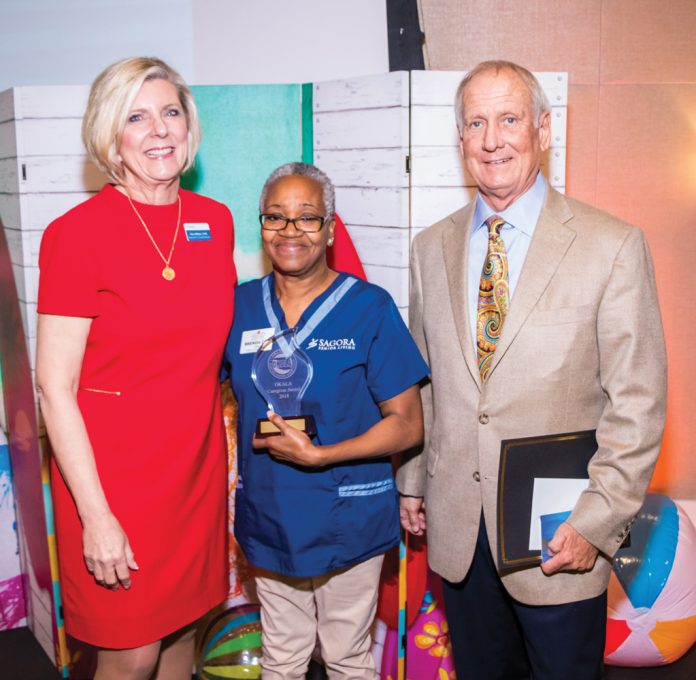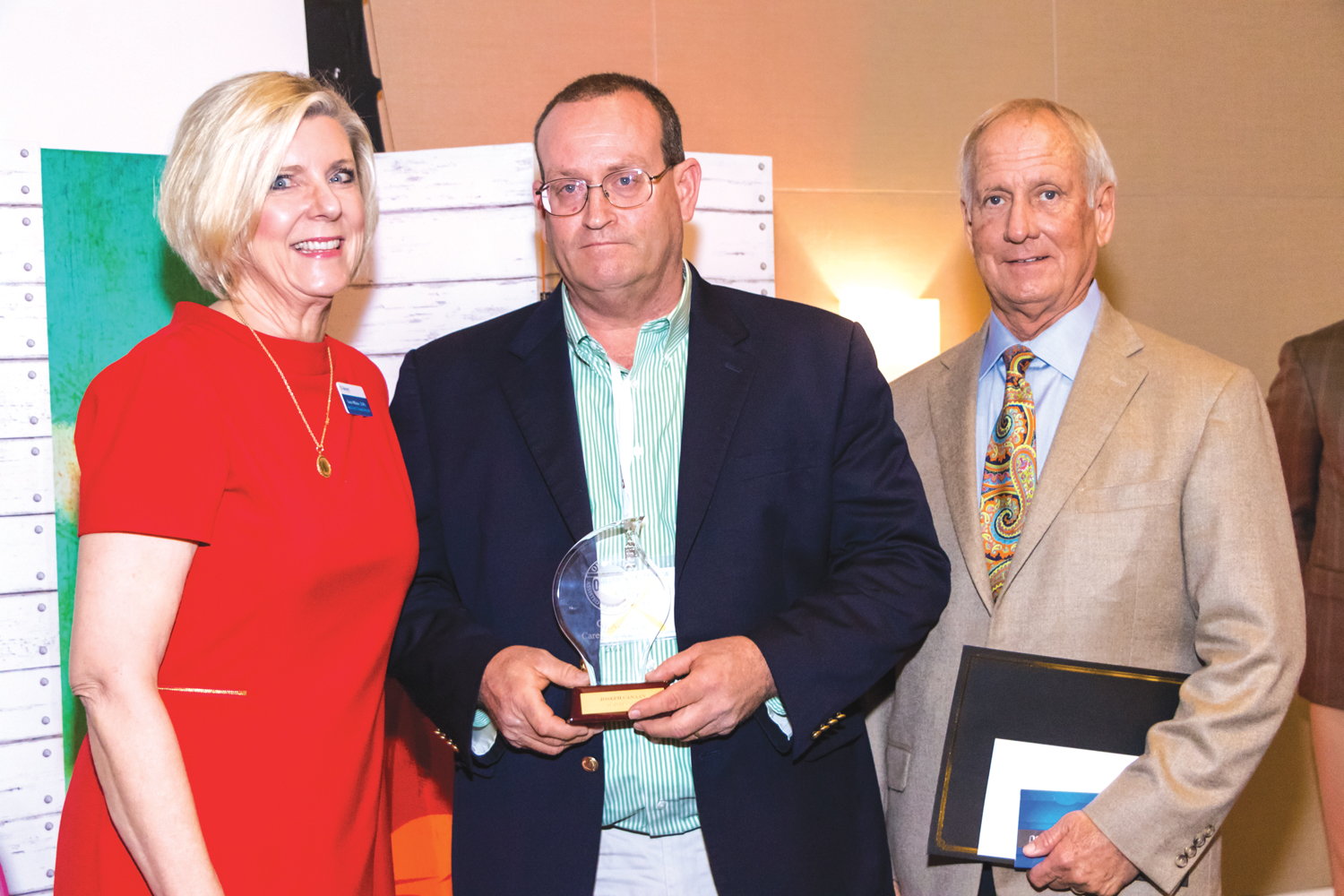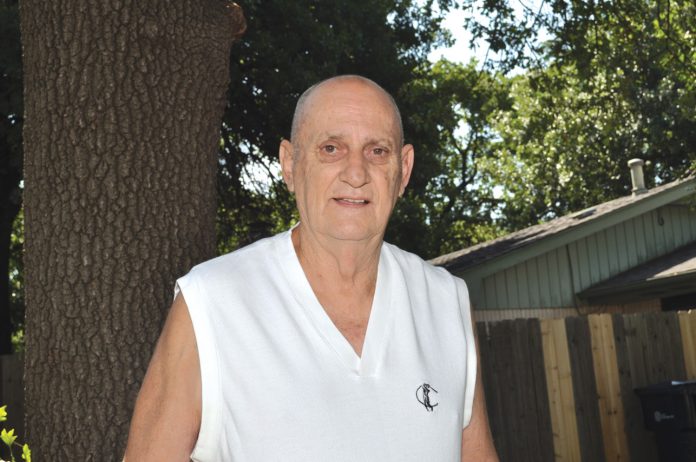Dear Savvy Senior, What’s the difference between Alzheimer’s disease and dementia? My aunt has dementia, but they don’t know if she has Alzheimer’s disease, which is very confusing to me. Trying To Understand
Dear Trying,
Many people use the words “Alzheimer’s disease” and “dementia” interchangeably, but they are not the same thing. In fact, you can have a form of dementia that is completely unrelated to Alzheimer’s disease. Here’s what you should know.
Dementia versus Alzheimer’s
Dementia is a general term for a set of symptoms that includes memory loss, impaired communication skills, a decline in reasoning and changes in behavior. It most commonly strikes elderly people and used to be referred to as senility.
Alzheimer’s disease is a specific illness that is the most common cause of dementia. Though many diseases can cause dementia, Alzheimer’s – which affects 5.7 million Americans today – accounts for 60 percent to 80 percent of dementia cases, which is why you often hear the terms used interchangeably.
But there are many other conditions that can cause symptoms of dementia like vascular dementia, which is the second most common cause, accounting for about 10 percent of dementia cases. Vascular dementia is caused by a stroke or poor blood flow to the brain.
Other degenerative disorders that can cause dementia include Lewy body dementia, Parkinson’s disease, Frontotemporal dementia, Creutzfeldt-Jakob disease, Chronic Traumatic Encephalopathy (CTE), Huntington’s disease and Korsakoff Syndrome. Some patients may also have more than one form of dementia known as mixed dementia.
Dementia is caused by damage to brain cells, but the symptoms can vary depending on the cause. In the case of Alzheimer’s disease, protein fragments or plaques that accumulate in the space between nerve cells and twisted tangles of another protein that build up inside cells cause the damage.
In Alzheimer’s disease, dementia gets progressively worse to the point where patients cannot carry out daily activities and cannot speak, respond to their environment, swallow or walk. Although some treatments may temporarily ease symptoms, the downward progression of disease continues and it is not curable.
But some forms of dementia are reversible, which is why it’s important to be evaluated by a physician early on. Vitamin deficiencies, thyroid problems, brain tumors, depression, excessive alcohol use, medication side effects and certain infectious diseases can cause reversible forms of dementia.
Another treatable form of dementia is a condition known as normal pressure hydrocephalus, which is caused by a buildup of cerebrospinal fluid in the brain that can be relieved by surgically implanting a shunt to drain off excess fluid. This type of dementia is often preceded or accompanied by difficulty walking and incontinence.
To learn more about the different types of dementia, including the symptoms, risks, causes and treatments visit the Alzheimer’s Association at ALZ.org/dementia.
Send your senior questions to: Savvy Senior, P.O. Box 5443, Norman, OK 73070, or visit SavvySenior.org. Jim Miller is a contributor to the NBC Today show and author of “The Savvy Senior” book.


